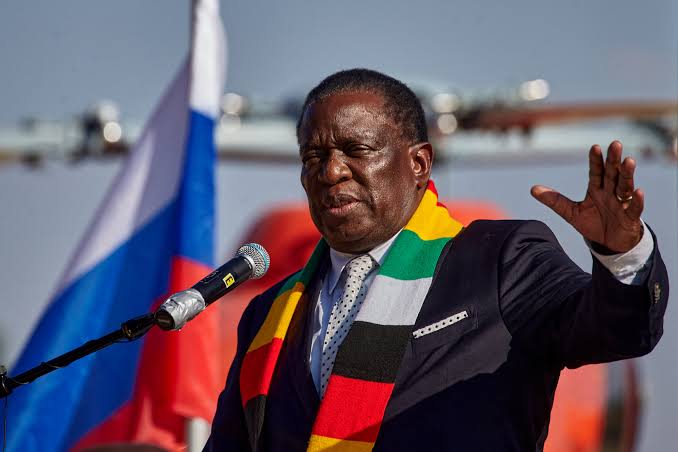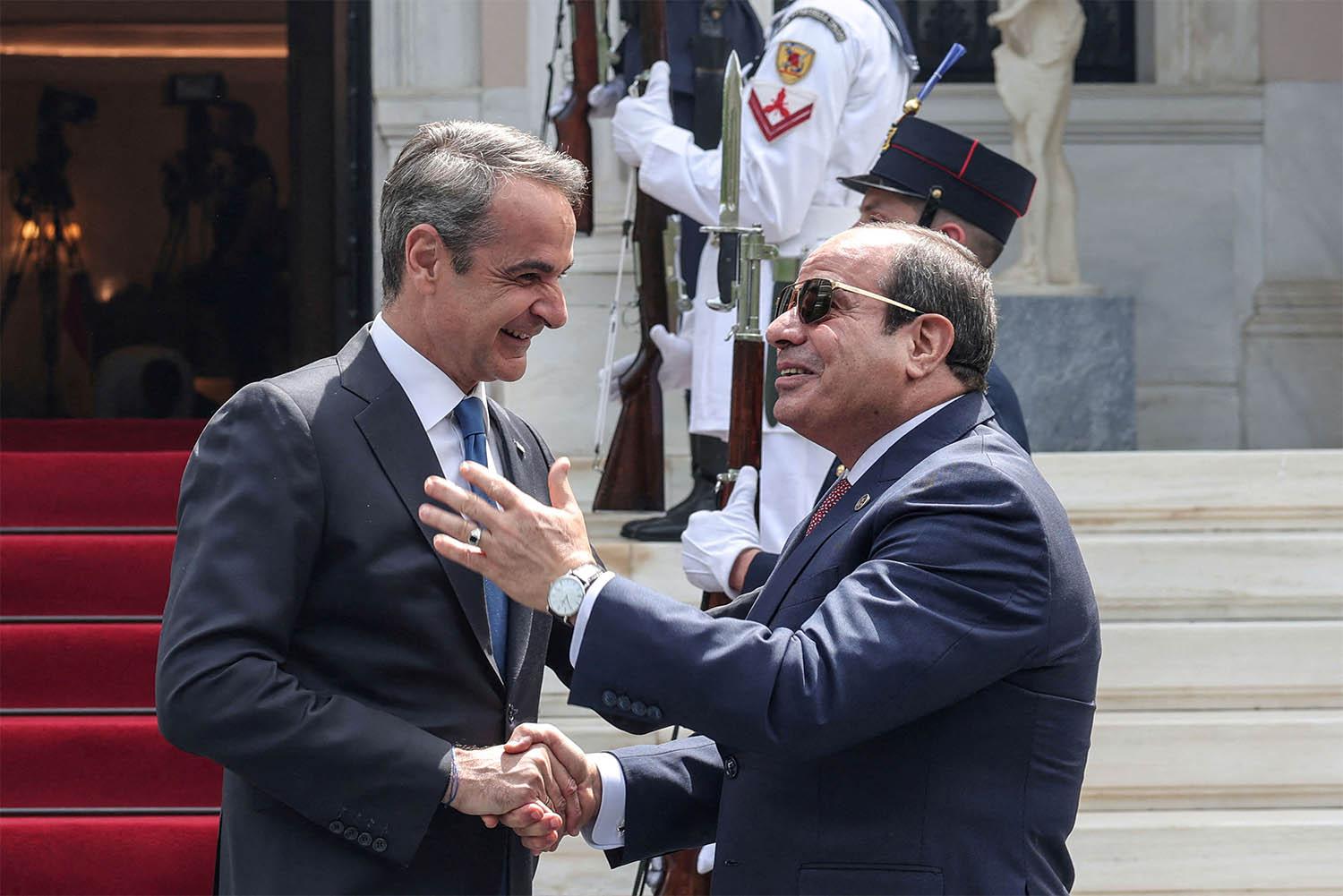Zimbabwe’s President Emmerson Mnangagwa has taken steps to strengthen his power by dismissing a senior general on Tuesday, as political analysts express concerns over a potential coup from former allies.
Since assuming leadership following the military coup that removed long-time leader Robert Mugabe in 2017, Mnangagwa has encountered increasing opposition within his ZANU-PF party, which has governed Zimbabwe since its independence from Britain in 1980.
Veterans of the country’s liberation war have called for nationwide protests on March 31, demanding Mnangagwa’s resignation. They accuse him of exacerbating the economic crisis and attempting to extend his presidency beyond the end of his second term in 2028.
In response to these allegations, Mnangagwa has denied any wrongdoing and cautioned against those seeking to disrupt the nation’s peace during a ZANU-PF meeting in Harare on Wednesday.
Analysts suggest that Mnangagwa is becoming increasingly anxious about his hold on power and is attempting to reinforce his position by reshuffling the leadership within the military, police, and intelligence sectors.
The dismissal of Anselem Sanyatwe, the second-highest general and head of the army, marks Mnangagwa’s third significant reshuffle in recent months, which also included the removal of the police chief and the head of the intelligence service.
Political analyst Eldred Masunungure commented to the privately owned Newsday newspaper that Mnangagwa seems to be “protecting himself against a potential coup.”
The war veterans opposing Mnangagwa are advocating for the appointment of Constantino Chiwenga, a retired general who played a key role in the coup against Mugabe and currently serves as the vice president.
See more: South Africa’s government backs down on Cannabis food ban
Despite their declining numbers and advancing age, the independence war veterans continue to wield considerable influence in Zimbabwean politics and maintain strong connections with the country’s security leaders, having fought alongside them during the liberation struggle.
In his former position as the leader of the presidential guard during Mugabe’s administration, Sanyatwe was instrumental in the coup of 2017. He was also responsible for the deployment of troops that resulted in the deaths of six individuals and injuries to numerous others amid the post-election violence in August 2018.
Sanyatwe, a trusted associate of Chiwenga, has now been appointed as the sports minister, taking over from Kirsty Coventry, who was elected president of the International Olympic Committee on March 20.



